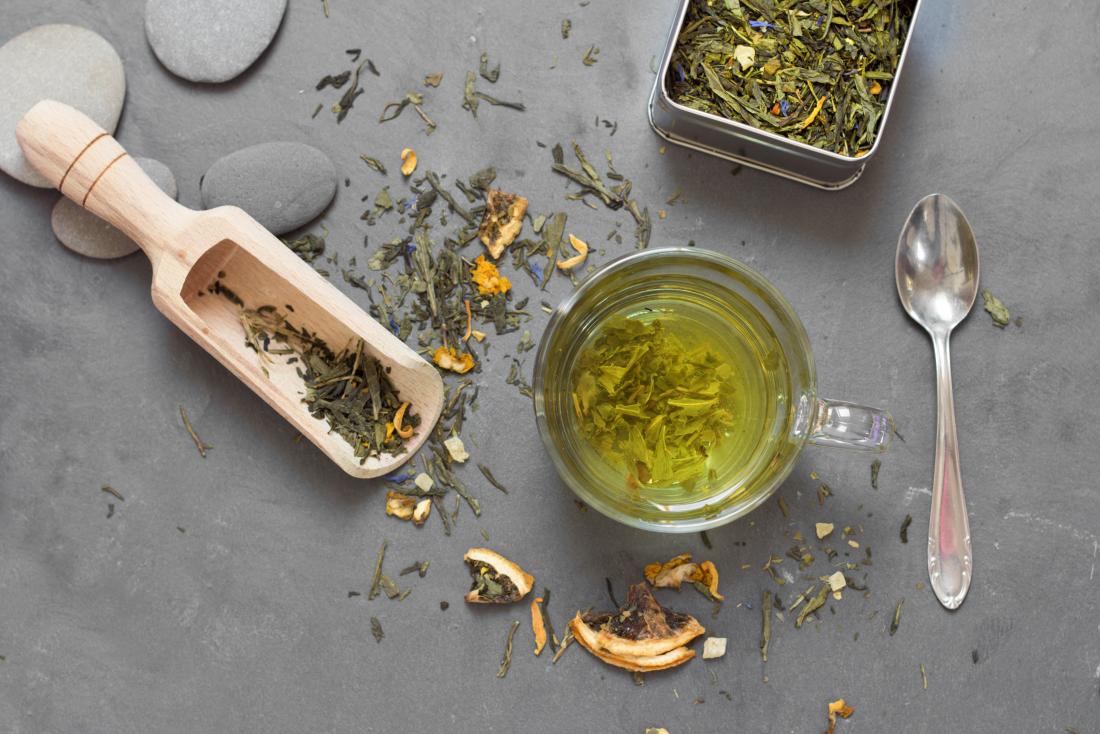Hormones are your body’s chemical messenger that significantly impacts your mood, appetite, and overall health. They are produced by your endocrine glands in a precise amount needed for various functions in your body.
Having a proper hormone level is crucial to leading a healthy life. A slight imbalance in your hormone can have adverse effects that may grow over time. Hence, it’s essential to balance your hormones.
Some of our hormones decline as we age. Today’s modern lifestyle is also responsible for some dramatic decrease in hormone levels.
However, following a healthy lifestyle along with a nutritious diet may help you keep optimum hormonal health.
Keep reading if you want to know how to balance your hormones naturally.
1. Get Proper Sleep.
You must have enough uninterrupted sleep to keep your hormone balanced. Your hormone level may fluctuate throughout the day due to the lack of proper sleep.
Research published in the International Journal of Endocrinology states that hormonal imbalance due to poor quality sleep may lead to diabetes, obesity, and appetite problems. [1]
Modern-day gadgets, such as cell phones, and laptops may disrupt your sleep because of the exposure to blue light. Your body gets confused with the exposure to artificial lights and suppresses the hormone melatonin. [2]
Avoid artificial light before your bedtime to ensure an uninterrupted sleep.
2. Learn Stress Management.
Stress can affect your two major hormones called cortisol and adrenaline. Cortisol can help you deal with stress over the long term, while the adrenaline hormone provides you with energy to respond to an immediate danger.
Your cortisol level may remain elevated if you suffer from chronic stress, which may result in obesity and increasing calorie intake. [3, 4, 5]
Although the adrenaline level doesn’t get chronically elevated like cortisol, it can cause high blood pressure, anxiety, and rapid heart rate.
Stress reduction techniques such as meditation, massage, yoga, etc. may help reduce your stress level. Some research also shows massage can increase the mood-boosting hormone serotonin while reducing cortisol levels. [6, 7]
3. Stay Physically Active.
Physical exercise has a strong influence on your hormonal health, particularly on insulin level.
This hormone has several functions, including letting cells take up amino acids and sugar from your bloodstream, which are used for energy and maintaining muscle.
If your insulin level gets high, it can lead to inflammation, diabetes, heart disease, and even cancer. In fact, your body cells may not respond properly to insulin signals, a condition known as insulin resistance. [8]
Studies have found that exercises like aerobics, endurance exercise and strength training may increase insulin sensitivity and reduce insulin levels. [9, 10, 11]
Some muscle-maintaining hormones, such as testosterone, DHEA, and IGF-1, as well as growth hormones, decline with age, which you may boost through physical exercise. [12, 13, 14]
If you’re unable to do heavy exercises, light activities, or even regular walking may also help increase your hormone level. [15]
4. Eat Enough Protein.
Consuming an adequate amount of protein regularly is extremely important to maintain your muscle, skin, bone, and hormone health.
Several research has shown that eating protein can reduce ghrelin, the hunger hormone, and stimulates the production of PYY and GLP-1 hormone that helps you feel satiated. [16, 17, 18, 19]
Besides, consuming high-protein food may also increase your metabolism and stimulate fat burning. [19]
It’s recommended to consume a minimum of 20-30 grams of protein per meal to optimize your hormone level. [20]
Eggs are also an excellent source of protein. They can help reduce the hormone ghrelin and increase PYY. [42]
5. Consume Healthy Fat.
Healthy fats such as medium-chain triglycerides (MCTs) may reduce insulin levels in those with diabetes and obesity. [21, 22]
Several research conducted on healthy adults, as well as those with a fatty liver, diabetes, and prediabetes show that monounsaturated fat found in nuts and olive oil may also increase insulin sensitivity. [23, 24, 25]
Like protein, eating healthy fats also triggers the release of GLP-1, PYY, and CCK which can help you feel satisfied and full. [26, 27]
Omega-3 fatty acids that can be found in fatty fish and fish oil may help reduce the stress hormones — cortisol and adrenaline. [28]
According to some studies, increasing the intake of omega-3 fatty acids may also reduce your insulin resistance which may lead to PCOS, obesity, and gestational diabetes. [29, 30, 31, 32]
6. Avoid Refined Carbs and Sugars.
You’re highly likely to have a number of health problems, including hormonal imbalance if you consume a high amount of sugars and refined carbs.
Fructose has been shown to increase insulin levels and insulin resistance, particularly in obese people with diabetes and prediabetes. [33, 34, 35]
While sugar is unhealthy, sugary beverages can be dangerous for your health. Studies show that sugar-sweetened beverages can increase insulin resistance in obese people, as well as children. [36, 37, 38]
Besides, avoiding foods that have a high amount of refined carbs may also reduce insulin levels, thus reducing the risk of PCOS and other insulin-resistance conditions. [39, 40, 41]
7. Eat Fiber-Rich Foods.
Dietary fibers are not only great for your digestive health; they are good for your hormone as well. Adding fibers to your diet can increase your satiety hormones, making you full and satisfied. [43, 44]
Both insoluble and soluble fibers are good for balancing your hormones, but the latter has the strongest effect on hunger and appetite. [44]
You need to eat an adequate amount of fiber regularly to prevent insulin resistance and overeating.
8. Green Tea.
Known as one of the healthiest beverages for weight loss, green tea may also be a good choice if you want to increase your insulin sensitivity.
Epigallocatechin gallate (EGCG), an antioxidant found in green tea is shown to reduce insulin levels and boost insulin sensitivity in both healthy people and those with diabetes and obesity. [45, 46]
In fact, 2013 research shows that consuming green tea could significantly reduce fasting insulin levels. [47]
However, in some clinical trials, green tea didn’t seem to reduce the insulin level compared to a placebo. [48, 49]
While there are different results, you can still drink green tea as it has numerous other health benefits and may have some positive effects on your hormones.
Bottom Line
Hormones are responsible for a wide array of bodily functions so a slight imbalance can wreak havoc on your health.
Age, unhealthy lifestyles, smoking, and alcoholism can cause hormonal imbalance, increasing your risk of diabetes, obesity, heart disease, etc.
While aging is a factor that is beyond your control, there are some other factors that you can control by changing your lifestyle.
Regular exercise, an adequate amount of sleep, and following a nutritious diet may help you to balance your hormone and improve the quality of your life.






